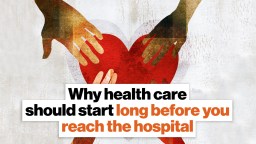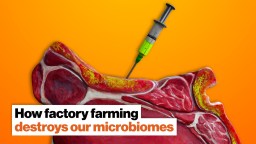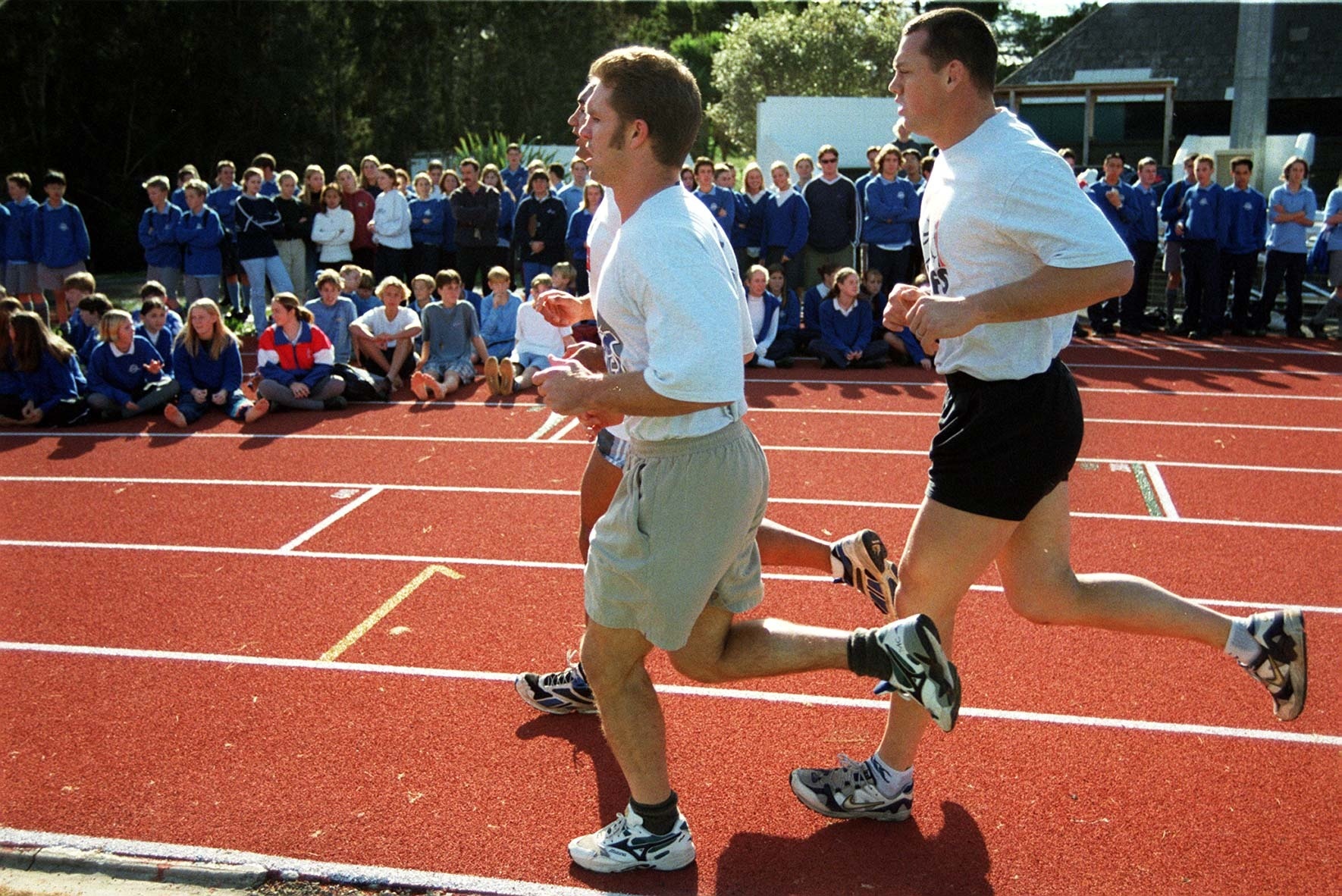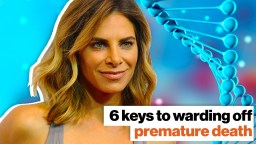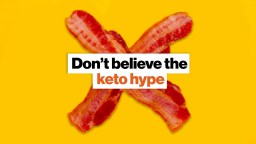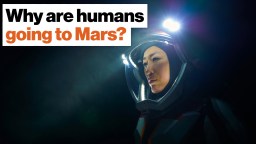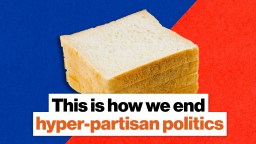food
Wanna lose weight? How does eating only pineapple and lamb chops sound? Maybe receiving all your sustenance through a feeding tube instead?
That’s the strategy behind a program being tested in one Indiana school district.
One group of women still seem to benefit from the popular diet.
The issues that determine your health go way beyond seeing your doctor.
▸
3 min
—
with
Just because the keto diet is an effective weight-loss tool doesn’t mean everyone should try it.
Surprise, surprise: The U.S. isn’t even close to the top of the list.
Eating a doughnut isn’t the only way you can go wrong on the keto diet.
Butter supply and life satisfaction are linked — but by causation or correlation?
Good bacteria are our friends. We need to protect them.
▸
3 min
—
with
Hint: Both lead to the same metabolic state.
Want to change your diet? The easiest method might be to start exercising.
A growing body of research shows promising signs that the keto diet might be able to improve mental health.
New research on the public’s opinion about genetically modified foods illustrates an alarming cognitive bias.
6 keys to warding off premature death.
▸
8 min
—
with
As the popularity of sparkling waters grows, many wonder if it represents a fresh turning point or a crisp new snake oil.
Turns out the more we desire a food, the more we have to consume to feel satiated.
Why one Italian bank is counting on wheels of Parmigiano-Reggiano as collateral.
Is everyone’s favorite Thanksgiving centerpiece really to blame for the post-dinner doldrums?
You may not recognize the names, but these seven scientists have improved the lives of people the world over.
The greatest space program spinoff? Human collaboration.
▸
5 min
—
with
The long-raging debate over hot coffee versus iced coffee may soon be settled with this news.
Want to empower social change? Break bread, literally, with the so-called enemy.
▸
5 min
—
with
It’s “clinically proven” to induce nightmares, says Burger King, which ran a pretty weird study.
A French study of nearly 70,000 people yielded startling results for two forms of cancer.
This 100-year-old map, originally made for American consumption, highlights the famines that swept across Europe after WWI.
Anatomy and physiology professor David Harper claims a recent study in The Lancet is flawed.
It’s not so rare as many think.



